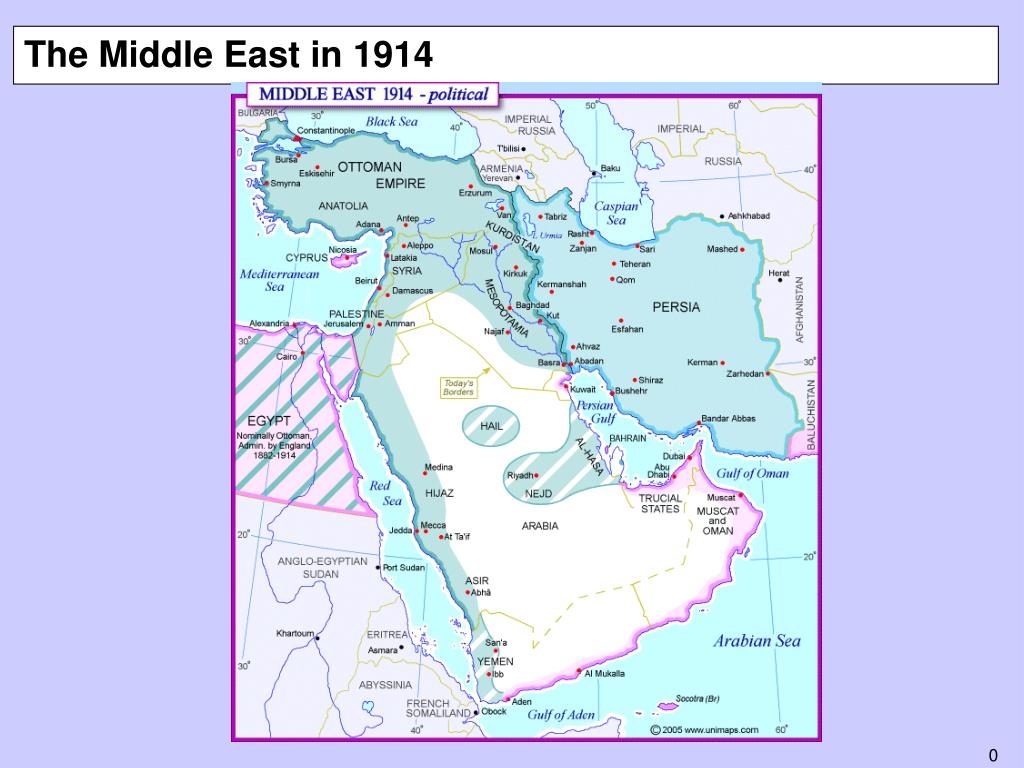- Unit 4: Modern Middle East Mac's History Society
- Unit 4: Modern Middle East Mac's History Rome
- Unit 4: Modern Middle East Mac's History Drive
Rights and protest 5. Conflict and intervention. SL and HL: World history topics (two to be studied) 1. Society and economy (750-1400) 2. Causes and effects of wars (750-1500) 3. Dynasties and rulers (750-1500) 4. Societies in transition (1400-1700) 5. Early Modern states (1450-1789) 6. Causes and effects of Early Modern wars (1500-1750) 7. Early Middle Eastern civilization developed great cities, and cities continue to play an important role in the life of the region. The largest city of the Middle East is Cairo, the capital of Egypt. Founded by Arab conquerors in the A.D. 900's, it has a population of about 6 million in the city proper and some 14 million in its metropolitan area.

History is a dynamic, contested, evidence-based discipline that involves an exciting engagement with the past.
History is an exploratory subject that fosters a sense of inquiry. It is also an interpretive discipline, allowing opportunity for engagement with multiple perspectives and opinions. Studying history develops an understanding of the past, which leads to a deeper understanding of the nature of humans and of the world today.
The Diploma Programme (DP) history course is a world history course based on a comparative, multi-perspective approach to history and focused around key historical concepts such as change, causation and significance. It involves the study of a variety of types of history, including political, economic, social and cultural, encouraging students to think historically and to develop historical skills. In this way, the course involves a challenging and demanding critical exploration of the past.
The DP history course requires students to study and compare examples from different regions of the world, helping to foster international mindedness. Teachers have a great deal of freedom to choose relevant examples to explore with their students, helping to ensure that the course meets their students’ needs and interests regardless of their location or context.
History is available at both Standard Level (SL) and Higher Level (HL).
Syllabus outline
Prescribed subjects (one to be studied) | 1. Military leaders | SL and HL |
| World history topics (two to be studied) | 1. Society and economy (750-1400) | SL and HL |
| HL options: Depth studies (one to be studied) | 1. History of Africa and the Middle East 2. History of the Americas 3. History of Asia and Oceania 4. History of Europe | HL only |
| Internal assessment | Historical investigation | SL and HL |

Unit 4: Modern Middle East Mac's History Society
Learn more about history in a DP workshop for teachers.
Home » Year 4
2
Explore & buy books recommended for Year 4 with these two tools: the Book Updates Chart and Bookshelf Central.
Tapestry of Grace™ Year 4 is your guide from 1900 to the present day.
Explore the 20th Century, from the turn of the Century to today. Tapestry of Grace™ is the award-winning homeschool curriculum that uses the history of the world to guide your whole family through an amazing humanities education. Want to know more? Explore Tapestry with video introductions and free samples!
Flip through a week-plan.
Want to see what a week of Tapestry looks like? Take a peek right now! You can turn the pages to get a good look at what Tapestry really looks like. Then, for a more in-depth trial, check out Go to Egypt, the free, 3-week sample that introduces and explains each section with annotations added by the author for moms exploring Tapestry for the first time!
Tapestry works for your whole family.
K–3rd graders get opportunities for lots of hands-on projects, storybooks, and read-alouds. 4th–6th graders get more independent work and interesting chapter books. 6th–9th graders get in more challenging assignments that help them make vital learning connections. 10th–12th graders get worldview discussions that will help them to succeed in life. Dad gets a family that is all on the same page, so he can lead them in a single educational conversation, and you get confidence and help to take your family on the adventure of the homeschoooling journey.
What does Tapestry cover? Quite a lot! Take a look at this Scope & Sequence Chart for a broad overview of topics covered in Year 4 of Tapestry... and remember, each topic is taught to your child at the learning-level appropriate for them!
Want more info? Check out the following helpful pdf documents:

- Year 4 Credits and Course Descriptions
| Rhetoric Level Studies | Grammar/DIALECTIC | |||||
| History | Literature | Government | Philosophy | Church History | Beyond History | |
| Titles | Analysis | |||||
|
|
|
|
|
|
|
|
|
|
|
| ||
|
|
|
|
| ||
|
|
|
|
| ||
*Indicates that students read selections from this work.
Plan with Tapestry
Sample Tapestry
Download Center
Help Center
Student Classes
Teacher Training
Home Academies
Master Teachers
Advisors
Registered Co-ops
Directory
Unit 4: Modern Middle East Mac's History Rome
Buying Options
Policies
304-317-7669 (April-September, M-F, 10-4; October-March, M-Th, 12-2 EST)
Unit 4: Modern Middle East Mac's History Drive
Copyright © 2021 Lampstand Press Ltd, all rights reserved. 'Tapestry of Grace' is a registered trademark of Marcia Somerville.